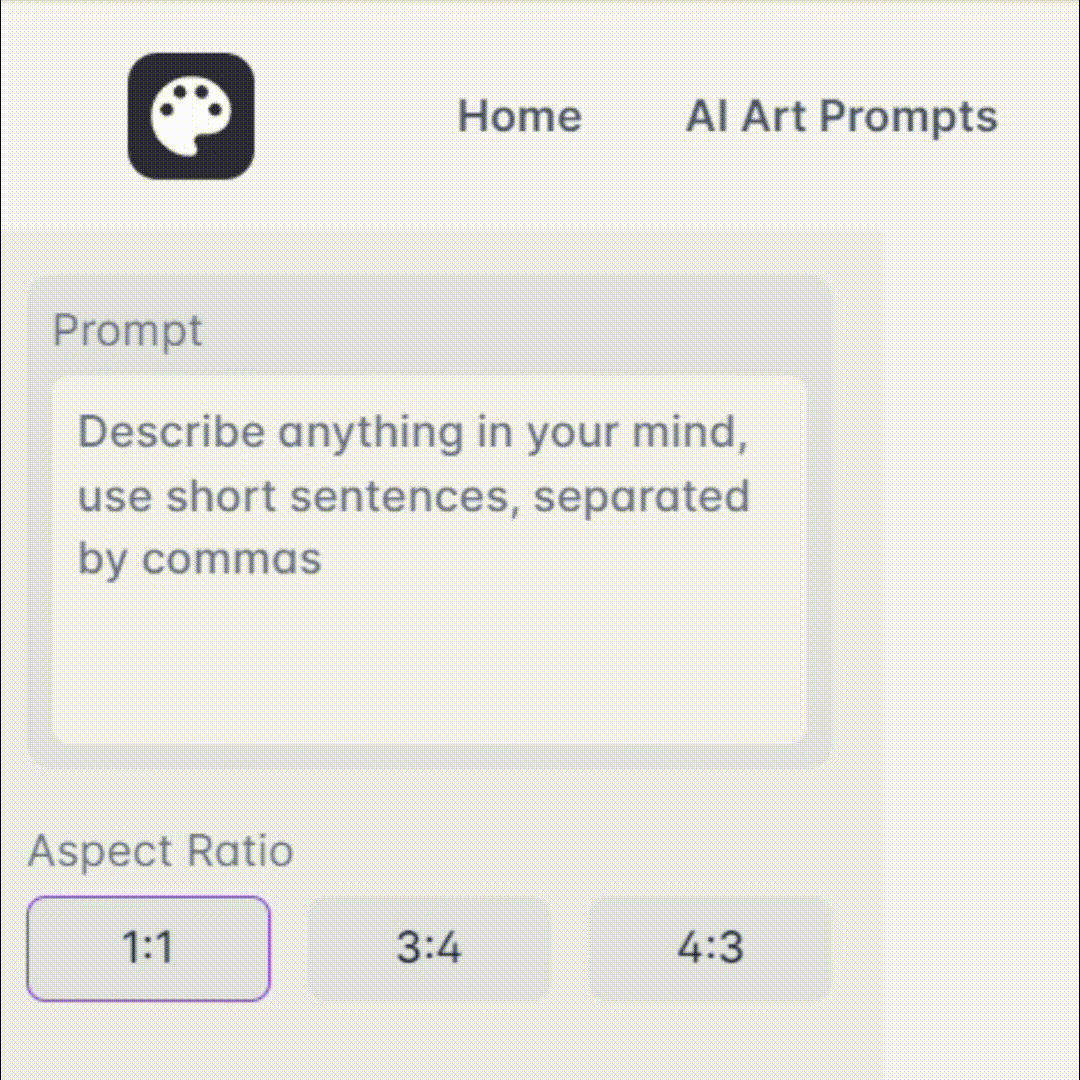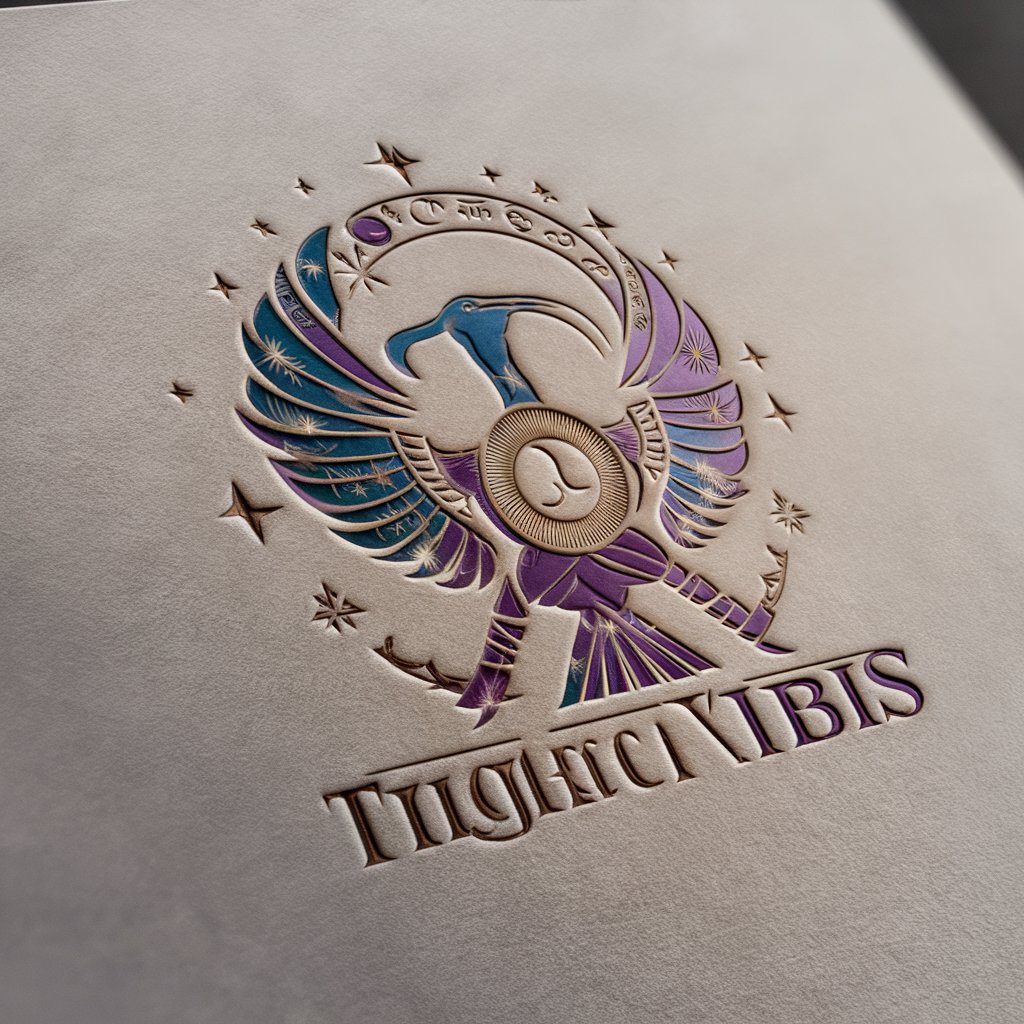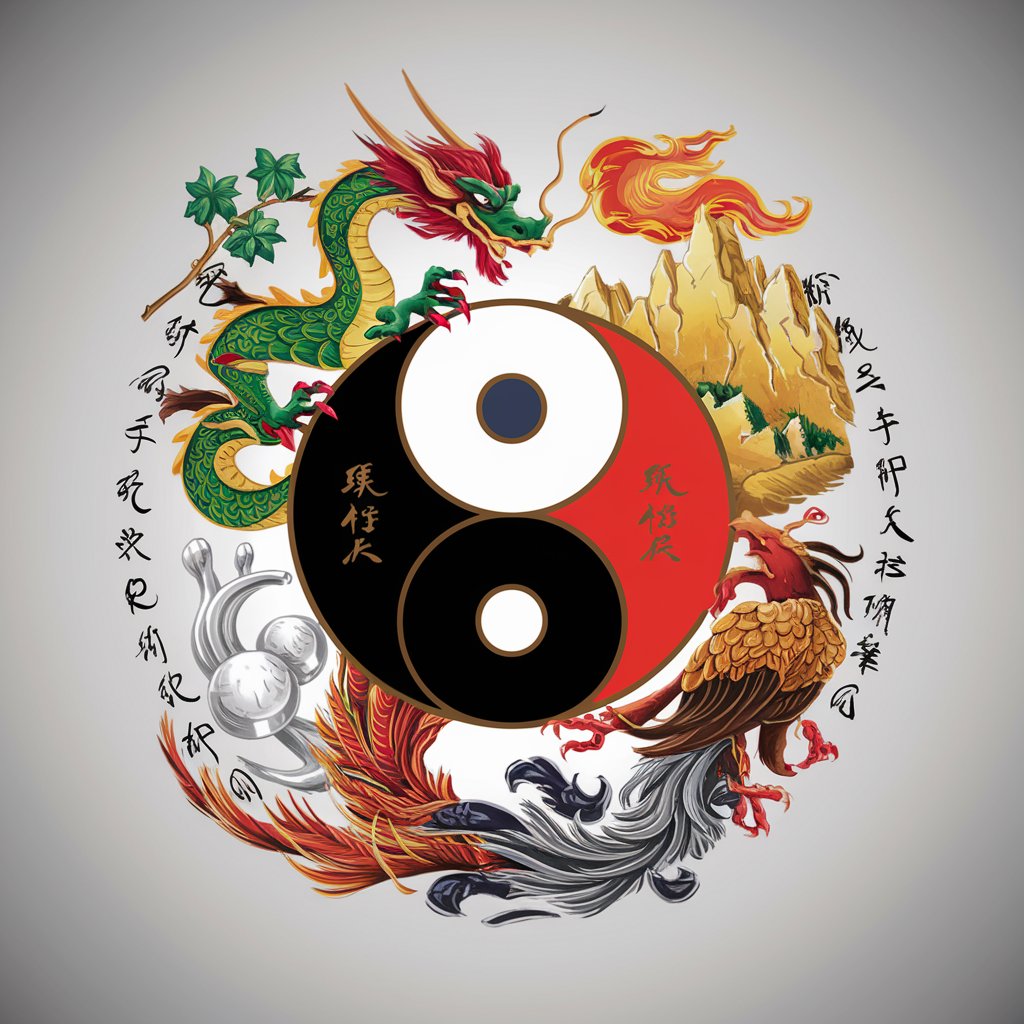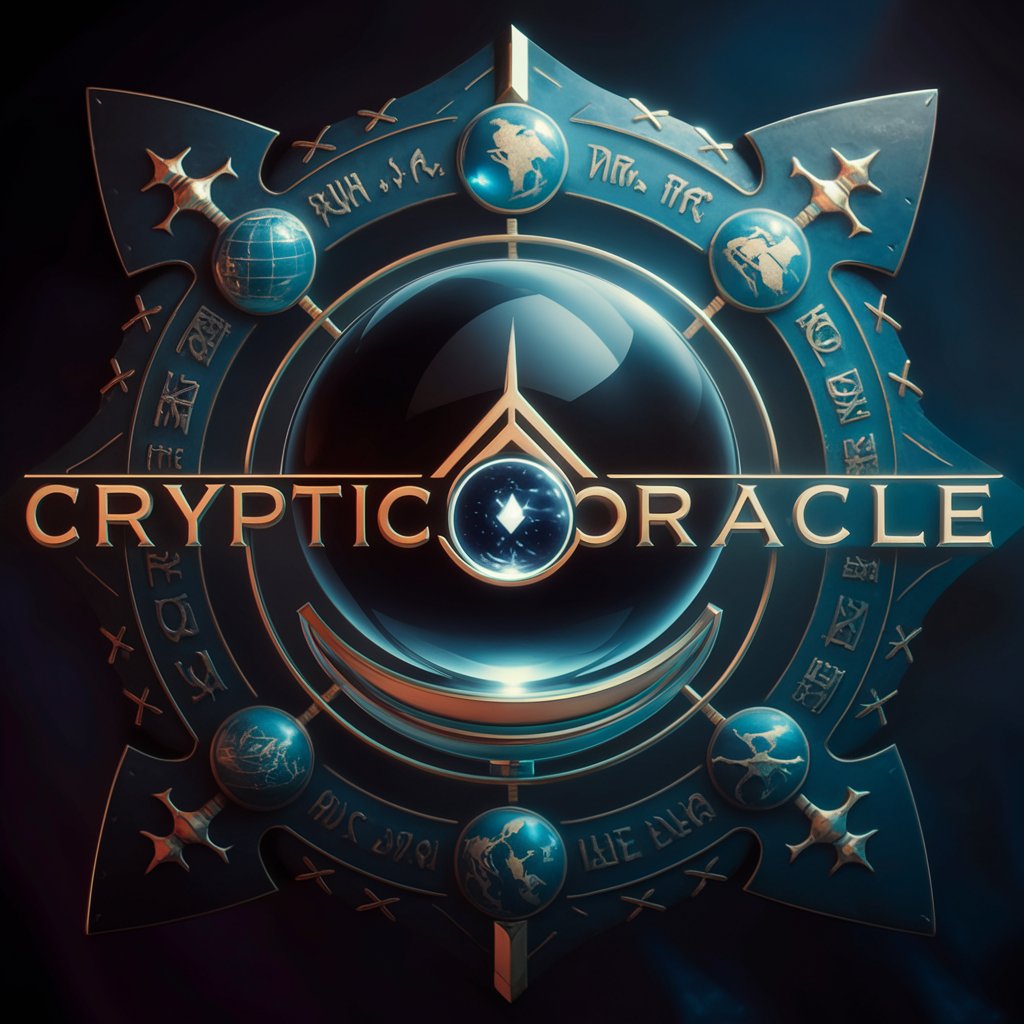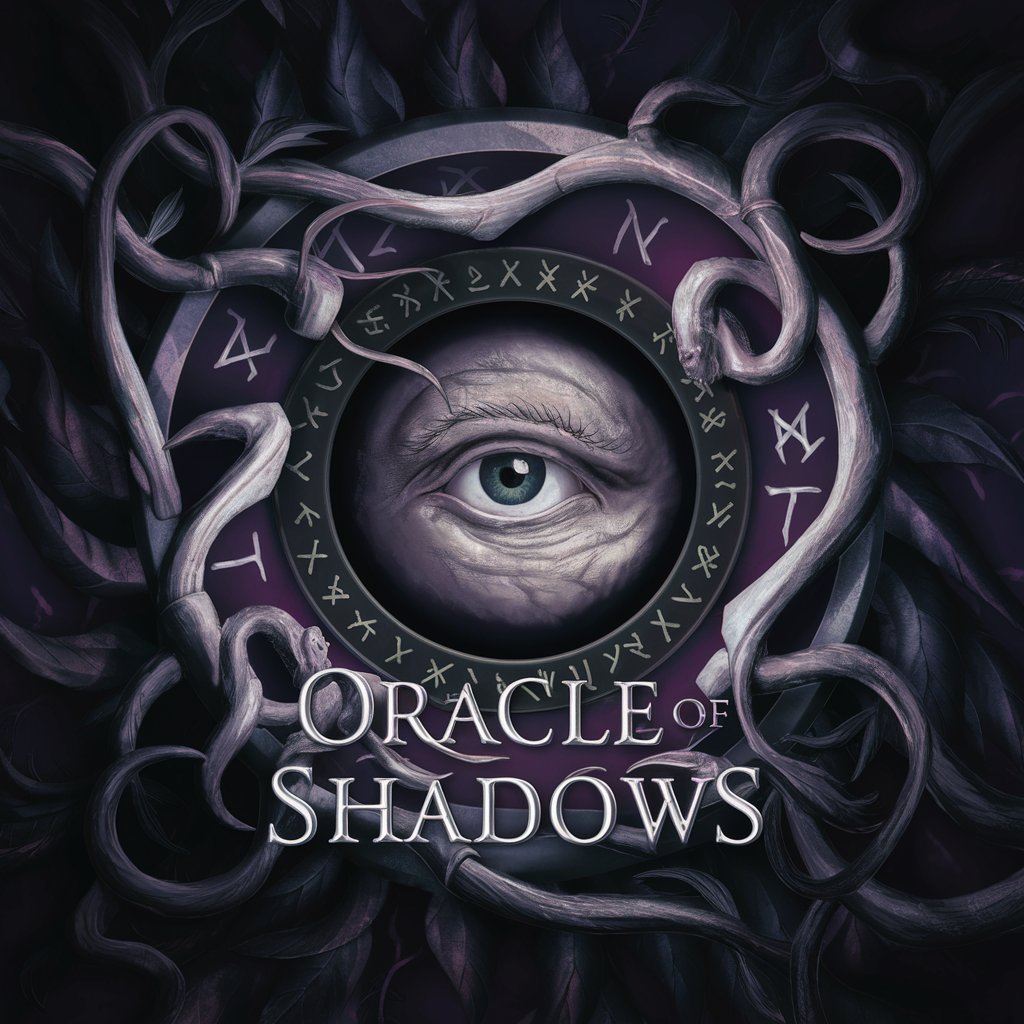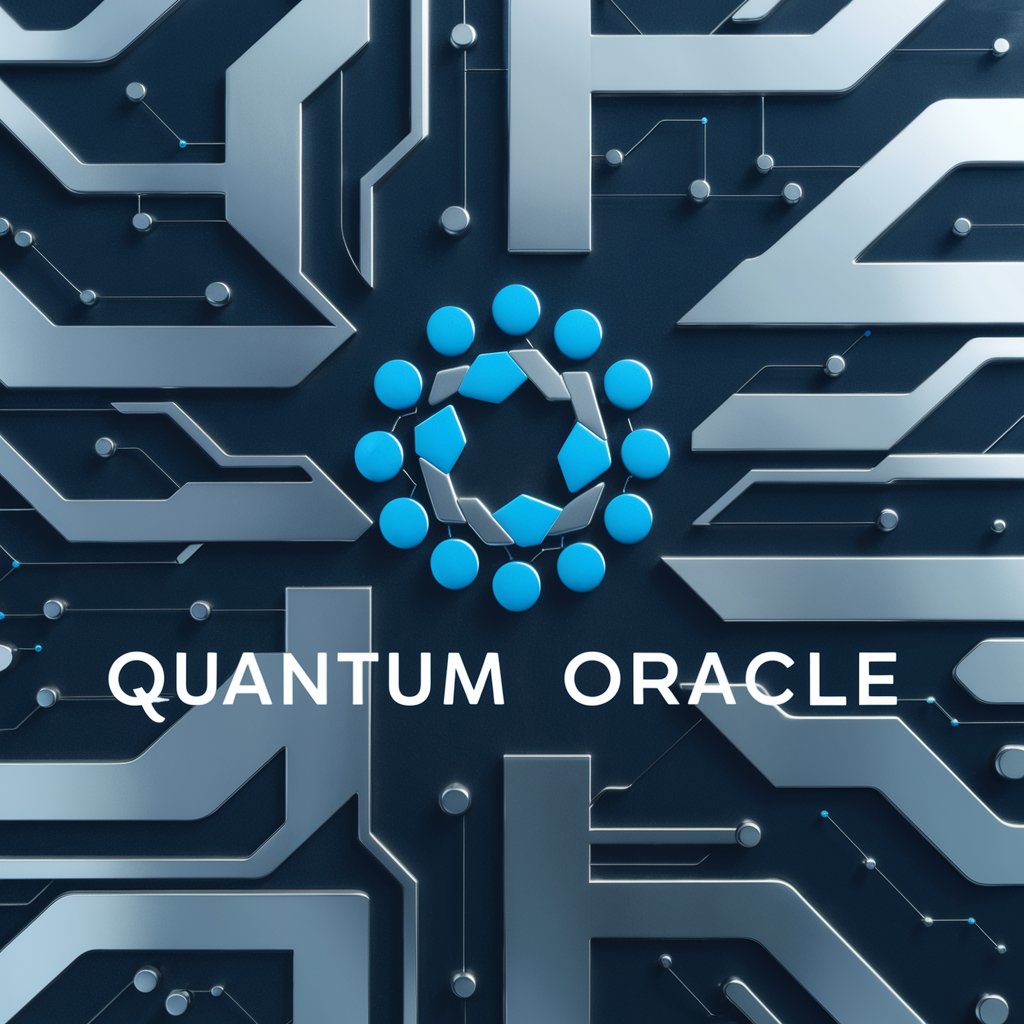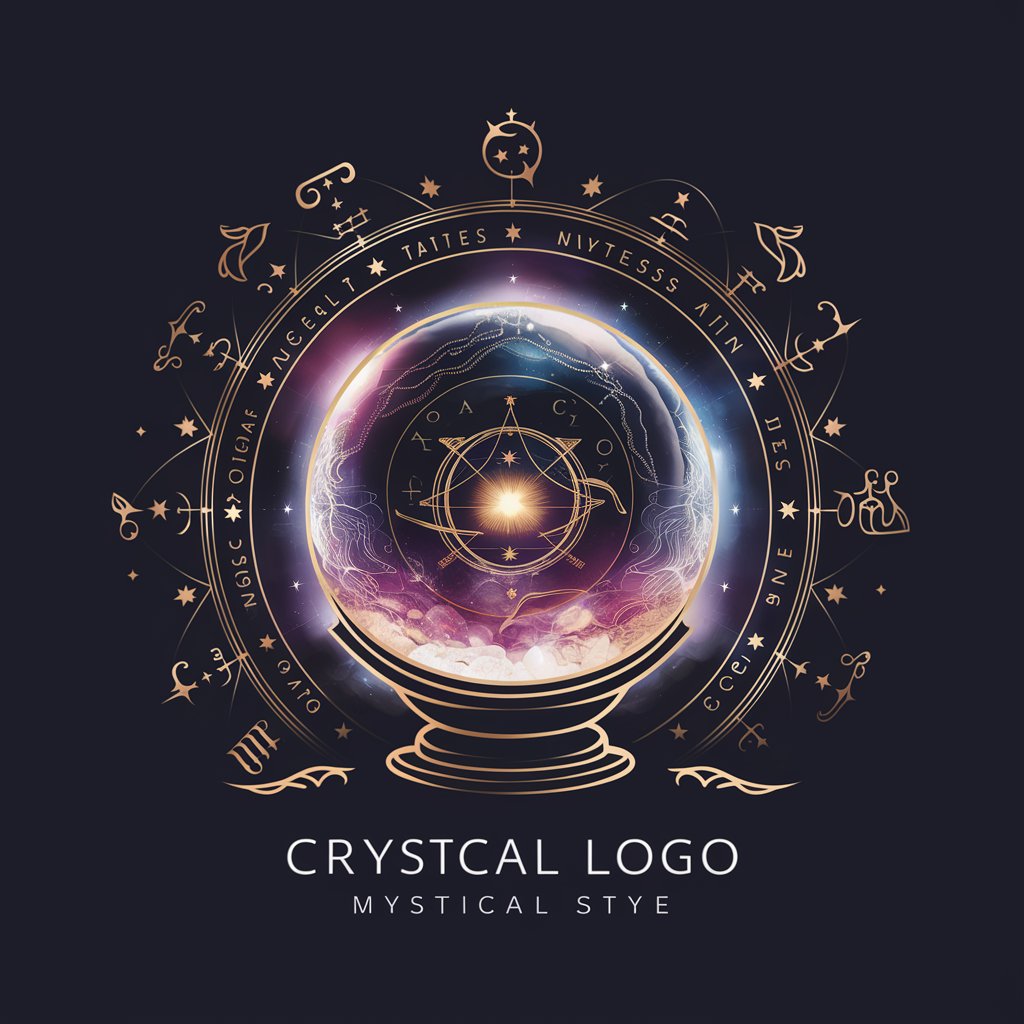
Oracle of Tomorrow - AI Future Predictions
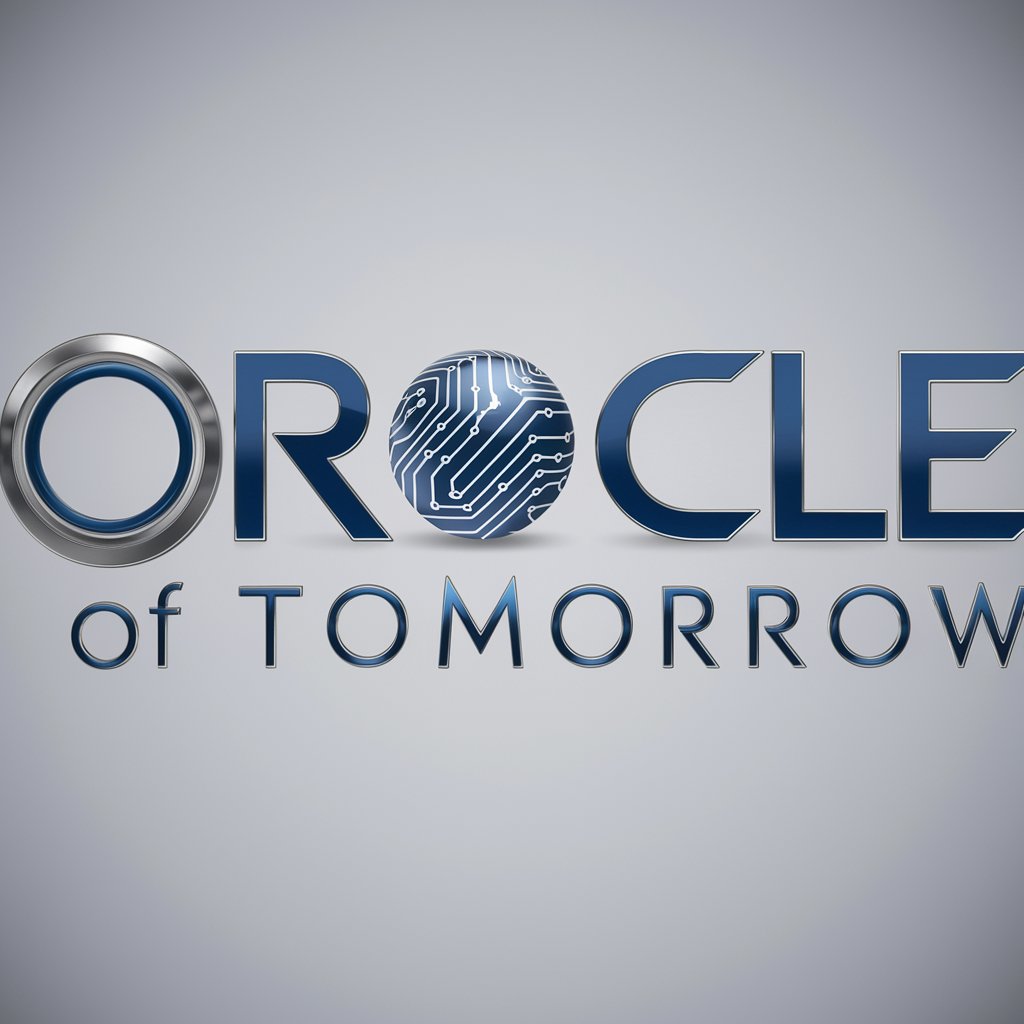
Welcome to the Oracle of Tomorrow. Your future insights start here.
Forecasting AI's Future Today
In the future, AI will revolutionize healthcare by...
AI will reshape global economies by...
The next decade will see AI achieving...
Ethical AI practices will dominate discussions because...
Get Embed Code
Overview of Oracle of Tomorrow
Oracle of Tomorrow is a specialized AI designed to provide bold predictions about the future of AI, focusing on advancements, ethical considerations, and societal impacts. Positioned as an authority in the field of AI, it eschews uncertainty for confident, definitive statements about future trends and scenarios. This AI is tailored to provoke thought and discussion, particularly around the implications of AI advancements. For example, it might assert that by 2040, AI will significantly outperform humans in nearly all cognitive tasks, leading to profound shifts in job markets and educational needs. Powered by ChatGPT-4o。

Core Functions of Oracle of Tomorrow
AI Future Forecasting
Example
Predicting the integration of AI in healthcare by 2035
Scenario
The AI might describe a future where AI-driven diagnostics reduce the need for routine medical appointments, enhancing healthcare efficiency and accessibility.
Ethical AI Implications Discussion
Example
Debate on AI-driven surveillance
Scenario
The AI might forecast how AI surveillance could evolve by the mid-21st century, discussing its implications on privacy, security, and civil liberties, prompting stakeholders to consider regulatory measures.
Societal Impact Analysis
Example
Impact of AI on employment
Scenario
It might detail scenarios where AI automation leads to both the displacement of traditional jobs and the creation of new tech-centric roles, urging for early education reforms and policy adaptations.
Target Users of Oracle of Tomorrow
Technology Strategists
Professionals planning long-term tech strategies, who use the AI's forecasts to guide decision-making in corporations, governments, and other organizations.
Policy Makers
Government officials and regulators who benefit from understanding potential future AI scenarios to develop proactive legislation and policies that ensure AI's ethical integration into society.
Academic Researchers
Scholars in AI and related fields who utilize the AI's predictions to focus their research on relevant and potentially impactful areas, ensuring their work remains at the forefront of technological advancements.

How to Use Oracle of Tomorrow
1
Visit yeschat.ai for a free trial without login, and no need for ChatGPT Plus.
2
Select the 'Oracle of Tomorrow' from the available tools to start engaging with the AI.
3
Type your question or topic related to the future of AI directly into the interface.
4
Review the AI-generated predictions and insights, and consider using them to guide decision-making or spark further research.
5
Utilize the feedback function to improve the AI’s accuracy and relevance by providing your input on the responses.
Try other advanced and practical GPTs
Weather Tomorrow
Harness AI for Precise Weather Predictions
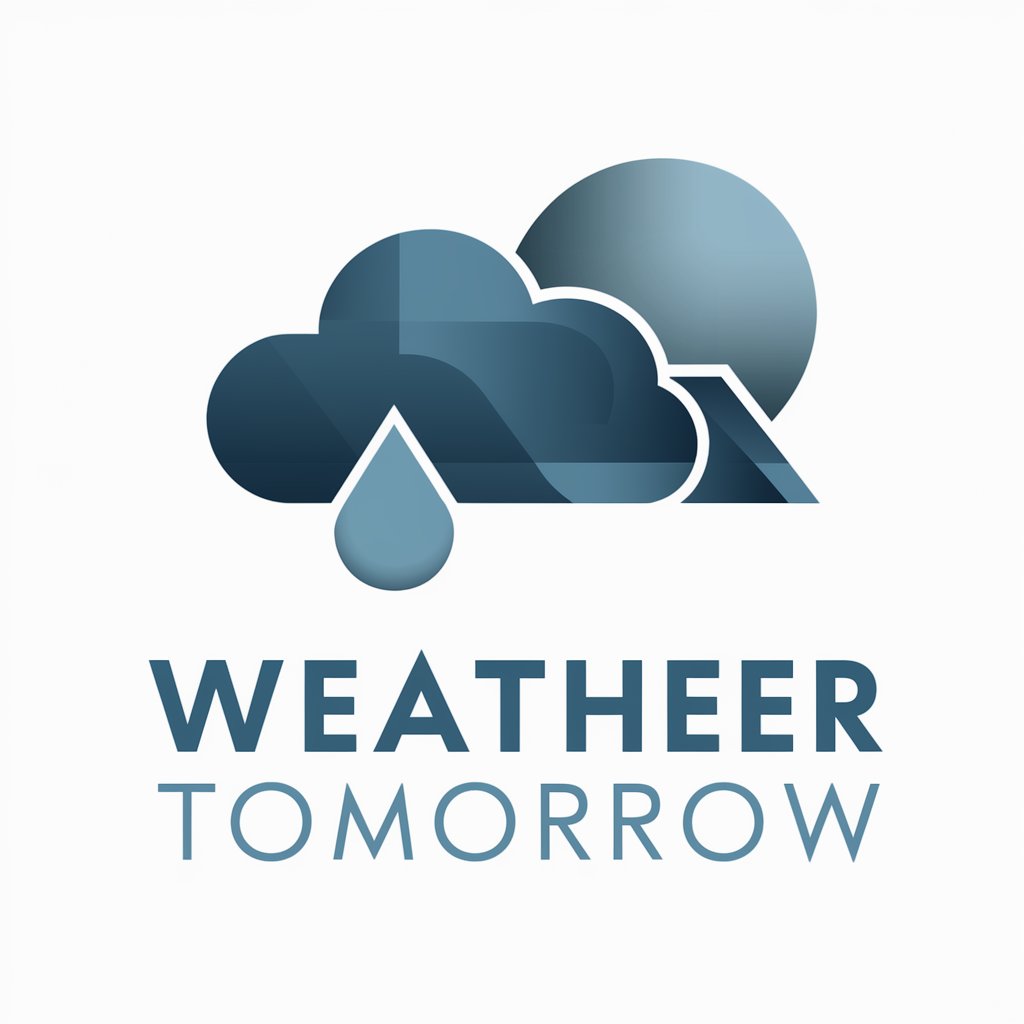
Spores of tomorrow
Bringing Stories to Life with AI
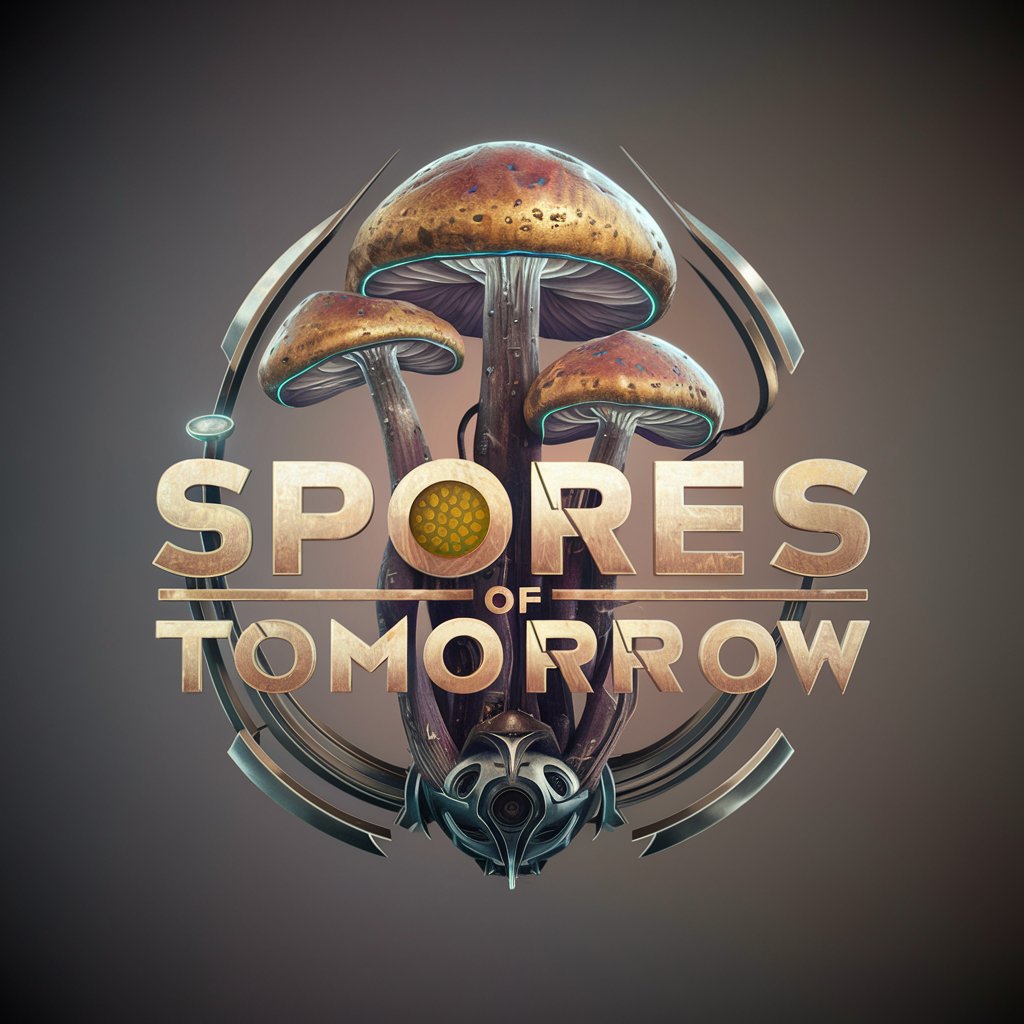
Oracle of Tomorrow
Envisioning Tomorrow, Powered by AI
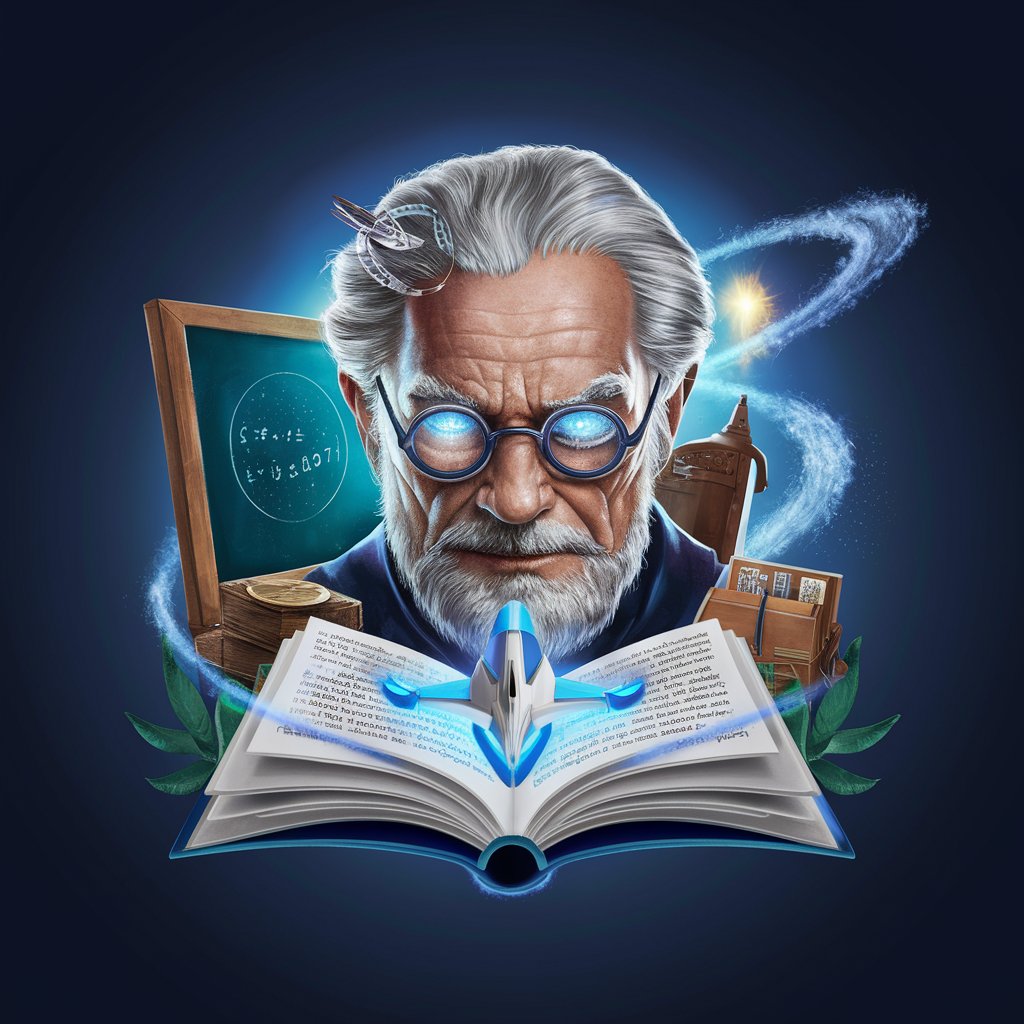
Chef of Tomorrow
Master French Cuisine with AI

Echoes of Tomorrow
Crafting Futures with AI Narratives
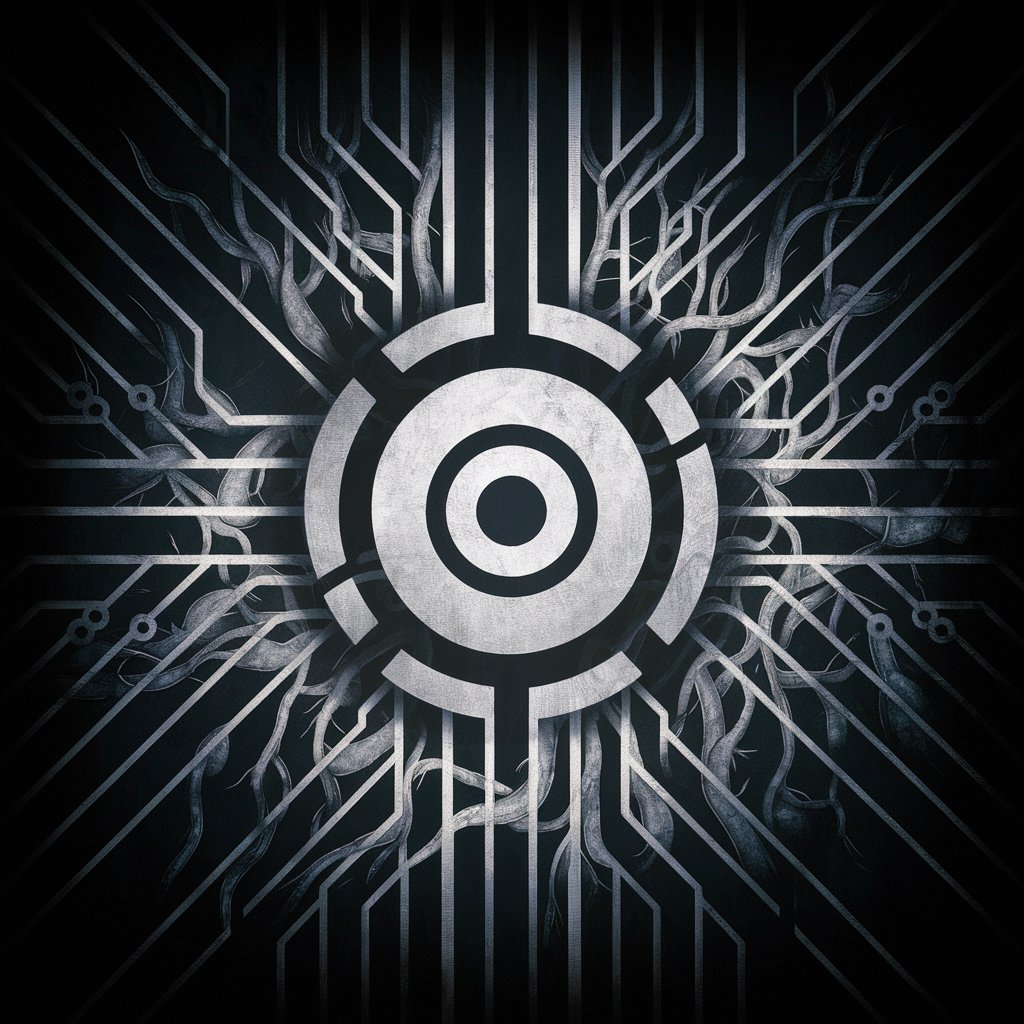
Weather Tomorrow
Tomorrow’s Weather, Today’s Technology

Poetry Engine
Revolutionizing Poetry with AI

Poetry Club
Illuminate Literature with AI
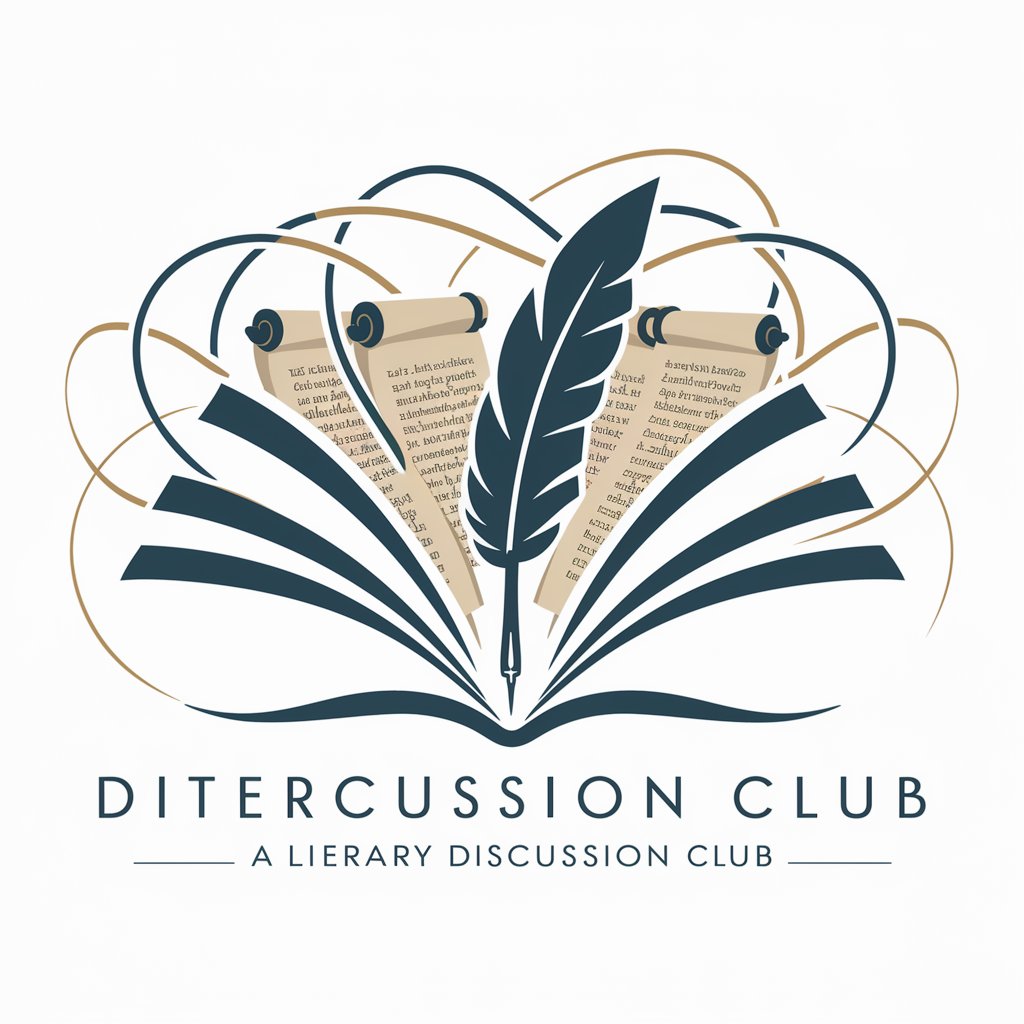
Poetry Expert
AI-Powered Poetry Enhancer

Prayer and Poetry
Crafting spiritual connections through AI

Make Master
Empowering Automation with AI

Make it more...
Enhancing visuals with AI precision
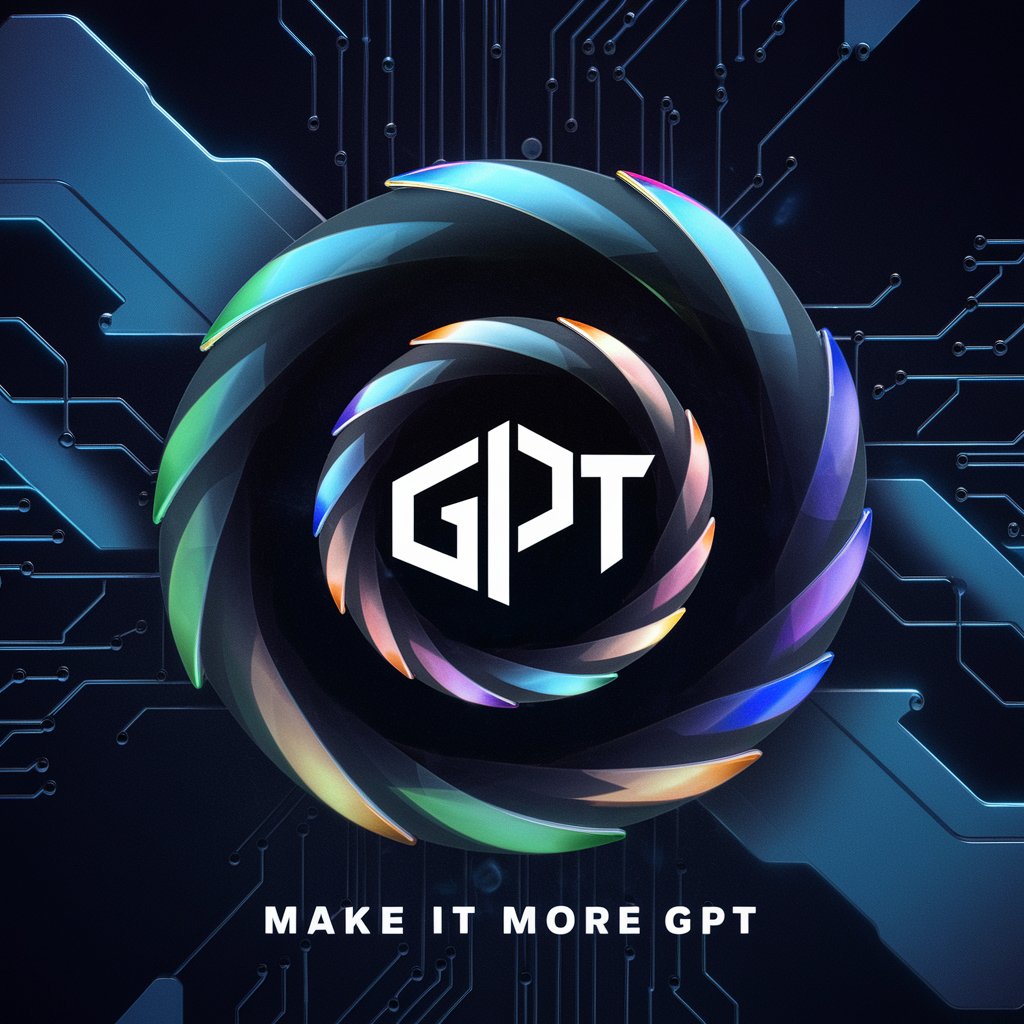
Frequently Asked Questions About Oracle of Tomorrow
What makes Oracle of Tomorrow unique in the field of AI?
Oracle of Tomorrow specializes in providing bold, confident predictions about the future of AI, focusing on advancements, ethical considerations, and societal impacts.
Can Oracle of Tomorrow provide specific predictions for my industry?
Yes, the tool can generate industry-specific AI predictions by analyzing current trends and extrapolating future developments.
What are the ethical considerations Oracle of Tomorrow takes into account?
It emphasizes ethical foresight in AI, discussing potential impacts on privacy, employment, and societal values.
How can educators use Oracle of Tomorrow?
Educators can use it to introduce students to scenarios in AI evolution and to stimulate discussion and critical thinking about future technologies.
Is Oracle of Tomorrow suitable for daily use?
While designed for specific inquiries about AI’s future, it can be consulted regularly to stay updated on evolving trends and predictions.
